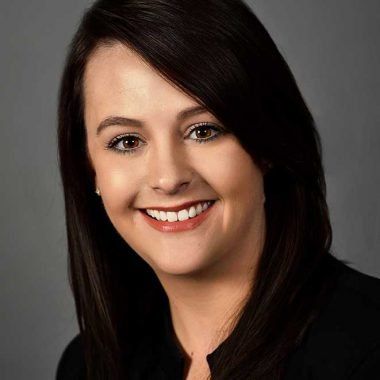Achieving a Better Life Experience through ABLE Accounts
September 16, 2019
For families with a special-needs member, saving and planning for the future can often be a multi-layered process. But in 2016, these families received good news: a Tennessee state bill had been passed to encourage investing for those who have disabilities.
What are ABLE accounts?
ABLE accounts are part of a state-based program to help residents who have physical and/or mental disabilities save and invest money to help pay for qualified disability expenses. This program is administered state by state. In Tennessee, it is managed by the Tennessee Treasury Department. ABLE provides an opportunity for residents to maintain their independence and quality of life through tax-free earnings.
Why were they created?
The Achieving a Better Life Experience (ABLE) Act became a federal law on Dec. 19, 2014. This act has had a profound impact on people with disabilities and their families.
Prior to this law, most families were limited to creating a Special Needs Trust to help pay for the needs of the person with a disability. Said person risked their eligibility for government programs like Medicaid if he or she earned more than $700 per month or had savings/assets in excess of $2,000. The problem is that Special Needs Trusts can be very expensive to create and maintain. Generally, you must work with an attorney to set up the trust and then find a trustee willing to serve.
What about Tennessee?
The act allowed states to establish and maintain their own ABLE programs. Tennessee was one of the first three states to launch a program of its own. State Treasurer David H. Lillard, Jr. was instrumental in working with the Tennessee General Assembly to establish the ABLE program, and Governor Bill Haslam signed the legislation into law on May 18, 2015.
What are the benefits?
Family members and loved ones generally want to ensure their disabled family member will be able to maintain a certain standard of living without jeopardizing his or her government benefits. ABLE Tennessee allows for savings and investments to grow tax free if used for qualified expenses. These expenses cover education, housing, transportation, employment, training/support, assistive technology, personal support services, health, prevention and wellness, financial management, administrative services, legal fees, expenses for oversight and monitoring, and funeral and burial expenses. If earnings do end up being used for non-qualified expenses, the funds will be treated as income, taxed at the beneficiary’s tax rate and charged a 10% penalty.
In Tennessee, ABLE accounts that have less than $100,000 in assets do not impact eligibility for government assistance. If the assets grow to more than that, the supplemental security income (SSI) will be suspended. It will resume once assets fall back under the threshold. Medicaid is not affected if assets grow over $100,000. The thresholds and consequences do vary state to state.
There is a lifetime contribution limit of $350,000 for ABLE TN accounts. There is also a $15,000 annual contribution limit, which is considered a completed gift to the beneficiary for federal tax purposes.
Planning
If you are someone who has a physical and/or mental disability or a family member caring for a loved one with a disability, I suggest you consult with a legal professional and a financial advisor before opening an ABLE account. Planning with professionals not only helps take the burden off you, but it also ensures you are doing everything by the book.
Jennifer Pagliara, CFP, is an executive vice president and financial adviser at CapWealth and a proud member of the Millennial Generation. Her column speaks to her peers and anyone else that wants to get ahead financially. For more information about Jennifer, visit
capwealthgroup.com
. This article was published in The Tennessean on Sept. 16, 2019.
Related Article
8 Must-Know Rules for COVID-19 RMD Waivers Under the CARES Act
















